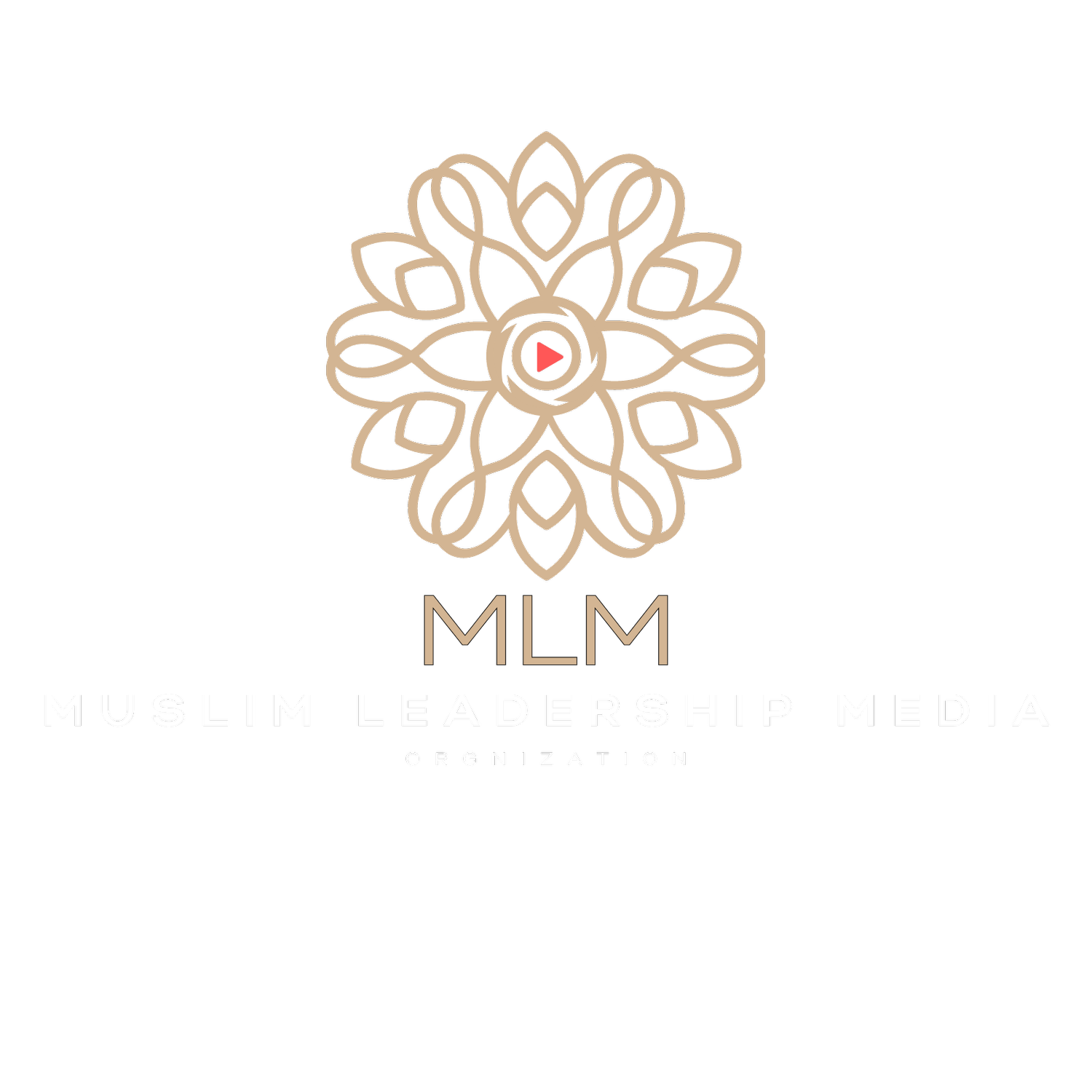The Imperative of Muslim Media in Contemporary Society
In the age where digital platforms have unprecedented influence over public opinion and cultural identity, the power of media as a force for shaping narratives is unparalleled. However, there is a significant void in the representation of authentic Muslim voices in this global conversation. The importance of Muslim media today lies in its capacity to fill this gap by drawing from a rich heritage, amplifying positive contributions, and fostering identity affirmation. Here is an exploration of the indispensable role Muslim media must play:
Cultural Legacy and Present Relevance
Islamic history is peppered with the achievements of pioneering scholars and leaders whose work has left an indelible mark on the world. Al-Khwarizmi, the mathematician who introduced algebra, and Ibn Sina, a polymath whose medical treatises were preeminent texts for centuries, exemplify this rich intellectual tradition. Despite their impact, there's a disconnect between these historical figures and the awareness among today's Muslim youth. Only 24% of young Muslims report learning about their cultural heritage from media sources, highlighting an opportunity for Muslim media to bridge this gap by reviving and celebrating these narratives.
Narrative Autonomy
The mainstream media's depiction of Muslims is often fraught with stereotypes or negative portrayals. Studies suggest that up to 70% of media coverage on Muslims carries a negative bias. By cultivating a robust Muslim media presence, we can counteract these prejudices with authentic stories that reflect the true diversity and positivity of Muslim experiences around the globe.
Identity Validation in the Digital Realm
For young Muslims navigating an online landscape rife with misrepresentation, the risk of cultural dissonance is a reality. The impact is measurable, with 58% of Muslim youth expressing that media portrayals negatively affect their sense of identity. Muslim media acts as an essential counterbalance, offering a validation of identity and faith, and combating the sense of alienation with positive reflections of their reality.
The Necessity of a Dedicated Platform
The absence of a dedicated platform for Muslim expression and thought leadership is conspicuous. Such a space would serve not merely as a repository of content but as a community hub for engagement and reflection, with 80% of Muslim audiences seeking content that aligns with their values and experiences.
Islamic Values as Media Cornerstones
Islamic ethos, encompassing honesty, compassion, and integrity, is the foundation for a new wave of Muslim-focused media. The Pew Research Center notes that the Muslim population is projected to reach 2.2 billion by 2030; this growth underscores the demand for media that not only educates but embodies these core values, setting a standard for responsible, principled communication.
The call for a renaissance of Muslim media is both urgent and profound. It is a call to honor our rich past, confront the challenges of the present, and forge a future where Muslim voices are not just included but revered. Supporting Muslim media is not merely about ensuring representation—it is a strategic move towards shaping a resilient and vibrant collective future.
